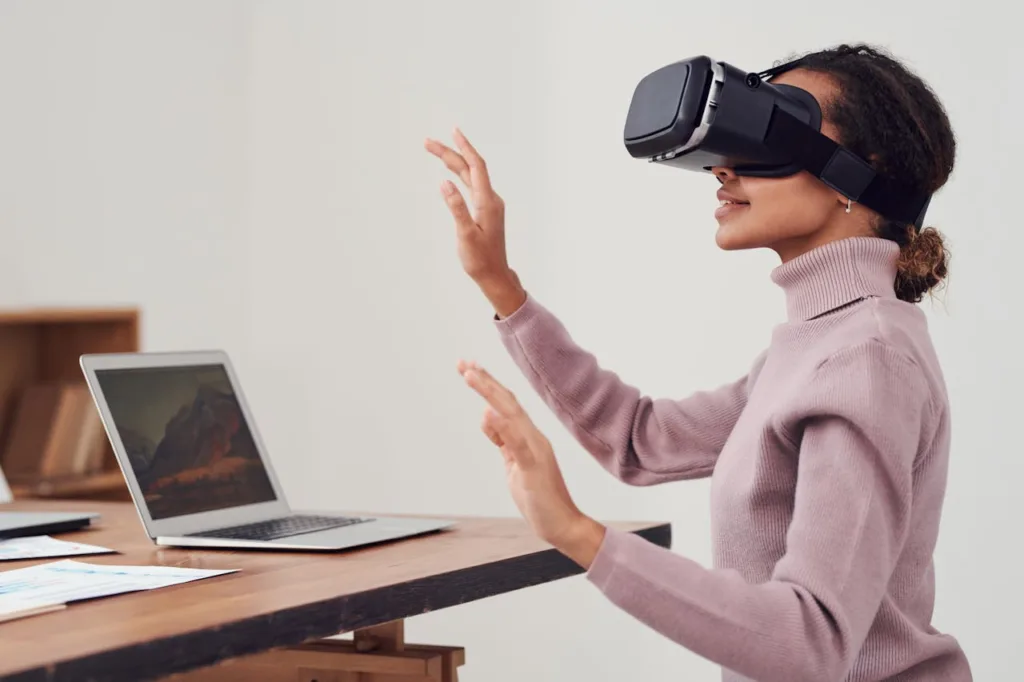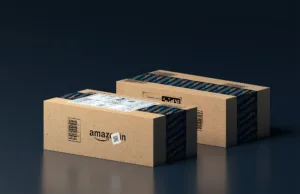Meta has recently introduced a groundbreaking educational tool that redefines traditional learning by utilizing the immersive capabilities of virtual reality (VR). This innovative product, designed for Quest devices, aims to deliver educational content in more interactive and engaging ways, making learning more dynamic and accessible.
The Role of Quest Devices in Modern Education
Quest devices, a famous all-in-one VR headset by Meta, are known for their wireless operation and high-resolution displays. Initially celebrated in the gaming world, these devices are now making a transformative entry into the educational sector.
By offering new, immersive ways to interact with learning content, Quest devices are set to impact how educational material is experienced and understood significantly.
The Growing Need for Innovative Educational Tools
In an era where digital education is quickly becoming the norm, there is a critical need for tools that maintain student engagement and enhance learning outcomes.

Meta’s latest educational product for Quest devices meets this need by creating an immersive learning environment. This environment is designed to improve the comprehension and retention of information, catering to a generation that values interactive learning experiences.
Features and Benefits of Meta’s Educational VR Tool
Interactive Elements for Enhanced Learning:
The VR tool includes various interactive elements such as 3D models, virtual field trips, and simulated experiments. These features allow students to visualize and manipulate complex concepts hands-on, making abstract ideas much more tangible and understandable.
Customizable Virtual Classrooms:
Educators are given the tools to create and customize virtual classrooms, tailoring the content to meet diverse curricular needs. This adaptability ensures that the VR tool can seamlessly integrate into various educational settings and programs, enhancing teaching and learning experiences.
Immersive Learning Experience:
The immersive environment provided by the VR tool allows students to explore virtual replicas of ancient civilizations, dissect virtual organisms, or solve mathematical equations in a three-dimensional space. This type of learning is inclusive of different styles and preferences, making challenging subjects more approachable and engaging.
Ensuring Accessibility and Integration
Designed for All Learners:
Recognizing the importance of inclusivity, the VR tool is engineered to be accessible to students with varying abilities. Adjustable settings for visual and auditory needs ensure that the tool is a viable learning option for a broad audience, including those with disabilities.
Smooth Integration with Existing Systems:
To reduce the technological burden on educational institutions, Meta has designed the VR tool to integrate effortlessly with existing Learning Management Systems (LMS) and other educational software. This ease of integration helps schools adopt the technology without overhauling their infrastructure.
Navigating Challenges and Embracing Potential
Despite VR’s immense potential in education, its adoption is not without challenges. The cost of VR hardware and the infrastructure required to support such advanced technology are significant barriers that schools and educational institutions must consider.
Additionally, an inherent learning curve is associated with adopting new technologies, which can deter educators and administrators accustomed to traditional teaching methods.
Overcoming Barriers:
Meta recognizes these challenges and is actively working to mitigate them by exploring various models that could make VR technology more cost-effective and accessible.

This includes potential subsidies, grants for educational institutions, and partnerships with educational technology firms that can provide the necessary infrastructure at a reduced cost.
Security and Privacy:
Security and privacy are paramount, especially when dealing with students’ sensitive information. Meta has committed to implementing stringent security measures and ensuring compliance with global privacy standards.
The VR tool is designed with robust security protocols to protect user data, offering students, parents, and educators peace of mind.
The Transformative Power of VR in Education
VR technology in educational settings offers a dynamic shift from passive learning to an active, immersive experience.
Studies and initial feedback have shown that VR significantly enhances comprehension and retention, especially in complex subjects like science, technology, engineering, mathematics (STEM), and history.
This hands-on approach helps students understand complicated concepts better and stimulates interest and motivation across various subject matters.
Personalized Learning Experiences:
One of the most exciting aspects of VR education is the ability to provide personalized learning experiences. Students can learn independently, revisiting complex topics as needed, and teachers can adjust the curriculum based on individual learning needs and preferences. This level of customization is rarely achievable in conventional educational settings but is inherent in VR’s flexible, adaptable nature.
Bridging Educational Gaps:
Moreover, VR has the potential to bridge educational gaps, particularly in under-resourced areas where access to quality educational tools and experienced teachers may be limited.
By providing high-quality, immersive educational experiences through VR, students in remote or underserved regions can receive the same level of education as those in well-funded urban schools.
Future Directions and Long-Term Aspirations
As Meta continues to develop and refine its VR educational tools, future updates are expected to include even more interactive elements, such as real-time global classroom interactions, expanded content libraries covering more subjects, and enhanced features that support collaborative learning and creativity.
Expanding Global Access:
Meta’s vision extends beyond merely supplementing traditional education; it aims to redefine and democratize it. The long-term goal is to make VR an integral part of education worldwide, making learning more inclusive, engaging, and effective for everyone, regardless of geographic location or economic status.
Meta’s introduction of a VR educational product for Quest devices marks a pivotal moment in the evolution of digital education.
By harnessing the power of VR, Meta is not only enhancing the way educational content is delivered but is also setting the stage for a future where education is more accessible, engaging, and tailored to meet the needs of students around the globe.
This initiative promises to transform the educational landscape, offering innovative solutions to longstanding challenges and paving the way for a new era of learning that is as boundless as the technology itself.





